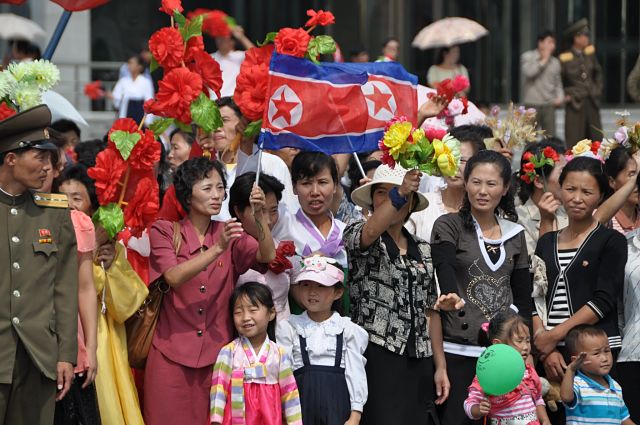Seoul considers suspending human rights report on North Korea to promote dialogue
For the first time since 2018, the South Korean government may not publish its annual report denouncing violations by the North Korean regime. The decision, in line with President Lee Jae-myung's policy of rapprochement, aims to avoid tensions and revive contacts between the two Koreas. APyongyang has recently conducted military exercises in response to joint manoeuvres by Seoul and Washington.
Seoul (AsiaNews) – The South Korean government is considering not publishing its annual report on human rights violations in North Korea. This would be the first time the document has been omitted since 2018, when it was first published, and the decision would be part of President Lee Jae-myung's policy of rapprochement with Pyongyang, in contrast to the tougher stance of his predecessor Yoon Suk-yeol.
The Unification Ministry said it was “considering various options”. A senior ministry official, during a closed-door briefing with journalists, explained: “We are also taking into account the fact that not many new testimonies have been collected from North Korean defectors since last year's publication”. In recent years, about 200 defectors have arrived in South Korea, but most of them have spent more than a decade outside their country, making it difficult to obtain recent and meaningful accounts.
Unification Minister Chung Dong-young, during his confirmation hearing in Parliament after Lee's election victory, had already stated that ‘using North Korean human rights issues as a means to attack the North Korean regime is inappropriate.’ He also suggested that such actions could constitute a violation of the Inter-Korean Basic Agreement, which stipulates that the two Koreas shall not interfere in each other's internal affairs.
The annual report, compiled by the North Korea Human Rights Centre, documents abuses committed by the regime based on the testimonies of defectors, a practice that has long angered Pyongyang. Under Moon Jae-in's administration, which preceded Yoon's, the report was classified as Level 3 confidential and kept secret from the public for fear of divulging the personal information of defectors.
The initiative is in line with President Lee's approach of trying not to provoke North Korea. In his inauguration speech in June, the president promised to ‘engage in dialogue with North Korea’ and ‘seek ways to coexist.’
One of the most significant moves so far has been the removal of restrictions on private contact between citizens of the two Koreas.
The rule, abolished at the end of July, allows South Korean citizens to have contact with North Koreans provided they notify the ministry in advance.
Despite Seoul's overtures, however, Pyongyang yesterday conducted artillery drills in what appears to be a response to Ulchi Freedom Shield (UFS), a large joint military exercise between South Korea and the United States scheduled for 18 August. The official North Korean news agency KCNA reported that the exercises were aimed at “perfecting the war-fighting capabilities and battle readiness of the entire army”.
South Korea's Unification Ministry said the North's recent manoeuvres did not appear to be large-scale, citing the small number of weapons deployed and the absence of leader Kim Jong Un, who often oversees such manoeuvres. This interpretation suggests that, while wanting to send a warning, Pyongyang is acting with some caution, not wanting to completely derail the recent openings for dialogue.







.png)










